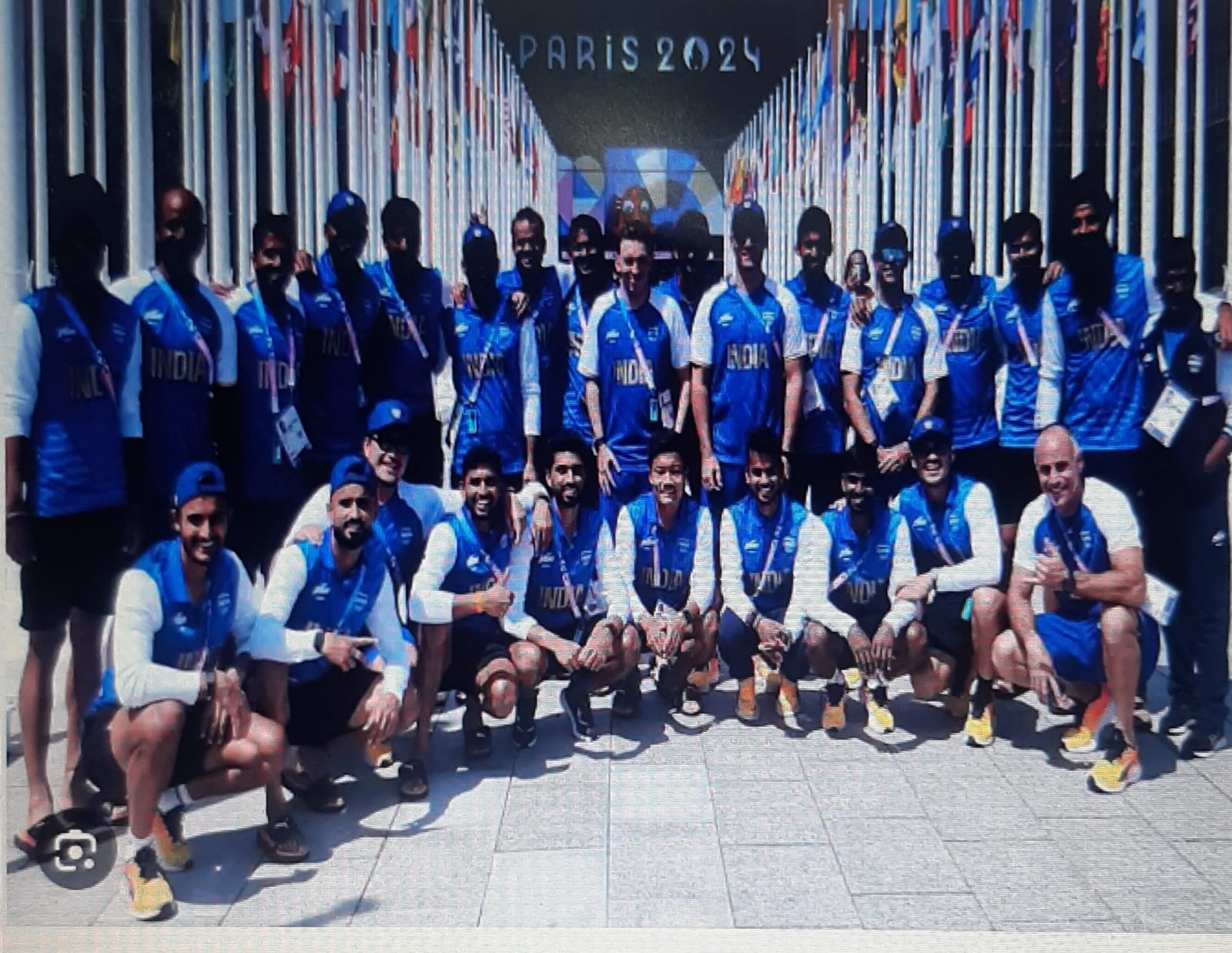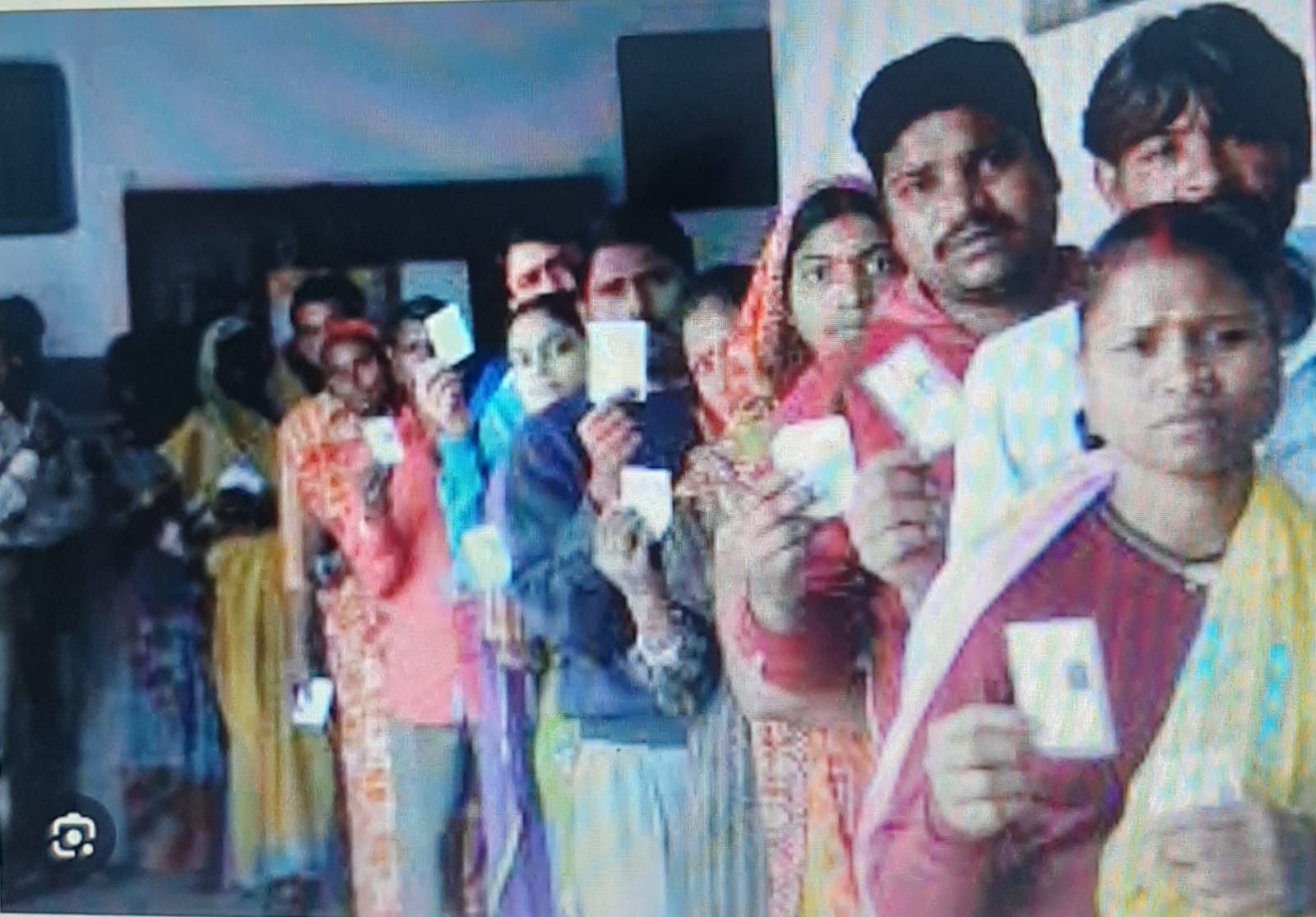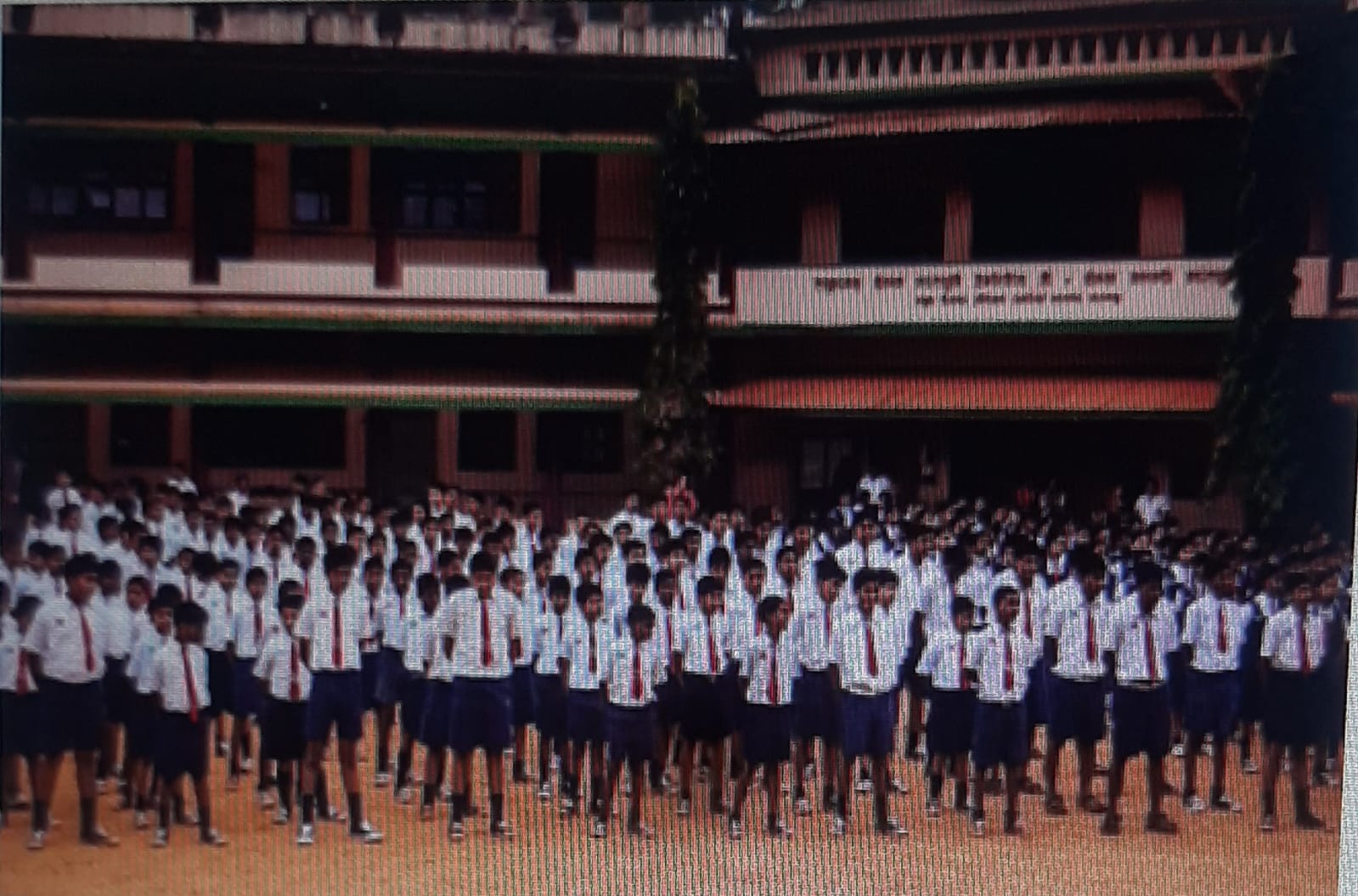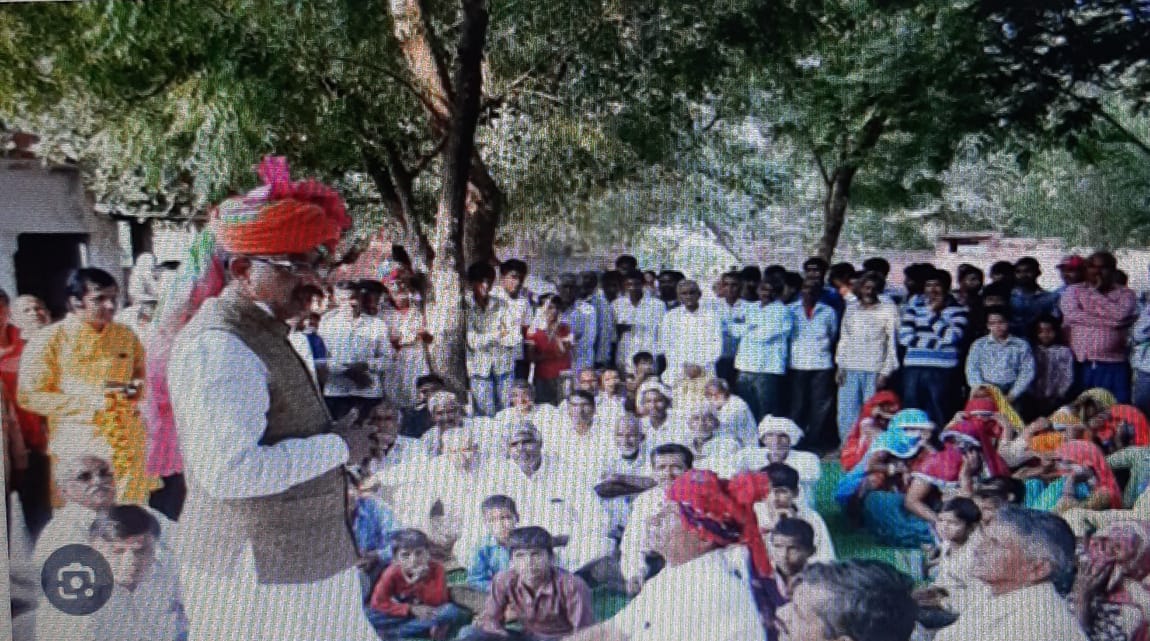
It’s time to rethink how we allocate resources in Indian sports. Rather than focusing on celebrating individual triumphs with monetary rewards, we should invest in the broader sporting community. By supporting our athletes from the ground up, we can create a culture where success is not a stroke of luck, but a natural outcome of a system that nurtures and develops talent at every level, writes Dr. Kanishka Pandey
When our athletes return from the Olympics with medals around their necks, they are celebrated as national heroes. Rightly so—these individuals have demonstrated remarkable dedication, skill, and perseverance on the world stage. But the manner in which we honor them, by showering them with crores of rupees, raises a crucial question: where does this money come from, and is it truly being used wisely?
It’s often assumed that these generous rewards come from general government funds, but it’s far more likely that they are drawn from the already limited sports budget. A budget that should be earmarked for grassroots development—buying kits for young athletes, upgrading equipment, and building infrastructure where it is most needed. This diversion of funds is not just a misallocation; it’s a fundamental flaw in our approach to building a sustainable sporting culture.
This lack of investment at the grassroots level is one of the reasons why India struggles to establish a strong and consistent sporting culture. We celebrate the success of individual athletes, but we fail to recognize that these victories are often despite the system, not because of it. The same system that leaves thousands of young hopefuls without basic equipment, and lakhs without access to proper facilities, all because the money that could have nurtured their potential is instead used as a token of appreciation for a select few.
But the issue runs deeper. Should money be used as a motivation for athletes? Is it fair to create a system where financial reward is the primary recognition of success? Instead of focusing on monetary rewards, why not provide just government jobs, which ensure a steady life and long-term security for these athletes? A job offers more than just financial stability—it provides dignity, purpose, and a clear path for life after sports.
Investing in grassroots development, where athletes need the most support, is not just a more equitable approach—it’s essential for building a strong sporting nation. By focusing on the foundation, we can create a pipeline of talent that doesn’t just produce the occasional champion, but consistently nurtures athletes who are well-prepared to compete on the world stage.
The current system perpetuates a vicious cycle: underfunded young athletes struggle to rise to the top, and those who do succeed are then rewarded with the very funds that could have helped them—and many others—much earlier in their careers. Years from now, one of these young athletes, who was deprived of essential support, might win a medal through sheer determination and personal sacrifice. And once again, the government will take credit, showering them with money that could have been used to support thousands of others like them.
It’s time to rethink how we allocate resources in Indian sports. Rather than focusing on celebrating individual triumphs with monetary rewards, we should invest in the broader sporting community. By supporting our athletes from the ground up, we can create a culture where success is not a stroke of luck, but a natural outcome of a system that nurtures and develops talent at every level.
Let’s use the money where it counts—at the grassroots, where the future of Indian sports truly lies.
(Dr. Kanishka Pandey is Head- Centre for Sports Research IMT, Ghaziabad)









